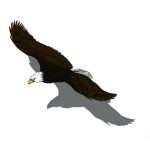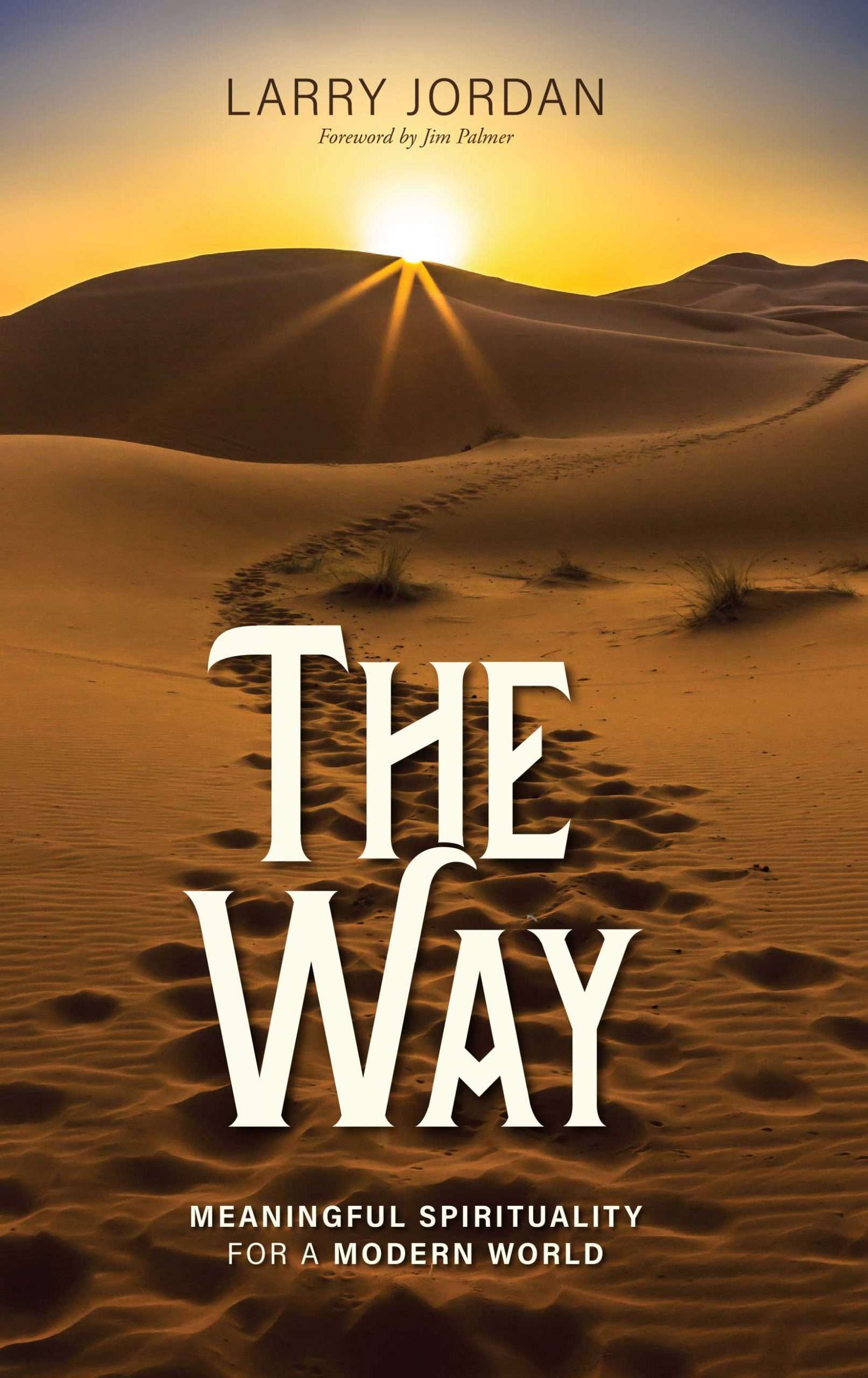By Karina Wetherbee
It is commonly assumed that discussing politics or religion is a guaranteed way to make enemies, and to write a book about such polarizing topics can be seen as sheer folly. But when author and frequent Crestone visitor, Larry Jordan, decided to tackle his own relationship with spirituality, he was determined to approach the effort with an open mind and a relinquishment of ego.
His recent book, The Way: Meaningful Spirituality For A Modern World, attempts to do just that, and he admits early on that when he began to study his connection with his faith, he was fully expecting validation. However, he writes, “it is uncomfortable when we see that our findings contradict our belief systems, but it is even more uncomfortable when others think that our findings violate their belief systems.”
Throughout his book, which is formatted akin to a self-help manual, with guidance sections interspersed among memoir-like chapters, it is evident that Jordan is deeply fascinated by the convergence of world religions, as well as where they diverge and clash. He recounts his own immersion into the study of other religions, and he warmly highlights that much of that examination took place within the deeply spiritually diverse and open Crestone community.
The shocking attack of 9/11 was a point in time that produced much reflection on religion for him. Fundamentalism, in particular, was where he realized that the problems with religion are rooted, and, he concedes, “all religions have fundamentalists.” As he undertook the pilgrimage of study and self-analysis, he “met people from other traditions who were more Christ-like than many Christians.”
The book has an engaging arc of discovery and analysis, and the dismantling of Jordan’s faith is like a two-sided puzzle, which when disassembled and reassembled has a new image on the other side. During the process, the author assumed he would succumb to confirmation bias, but he was determined to make himself open to all the difficult questions, no matter the answers. In doing so, he was willing to go deep and asked, “What do the mystics say about God? What do the scientists say about the universe?”
Through his studies, he discovered the importance of ritual, chanting, repetition, ceremony, and the sacred absolute of nature that serves as a pillar of other faiths. Exposing himself in this way, he found more connection and spirituality in these non-Christian practices than he had ever experienced sitting in a church pew.
It was through this realization that he began to explore the notion of combining his Christian faith with Zen practices, which resulted in the fulfilled process of learning to embrace “paradox” and to reject “doctrine.” He learned, as beloved poet Rainer Maria Rilke famously said, to “live the question.”


